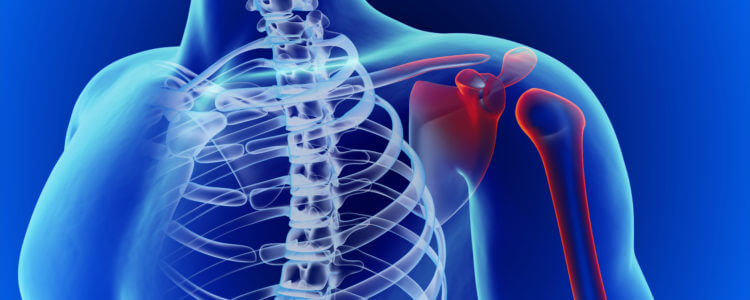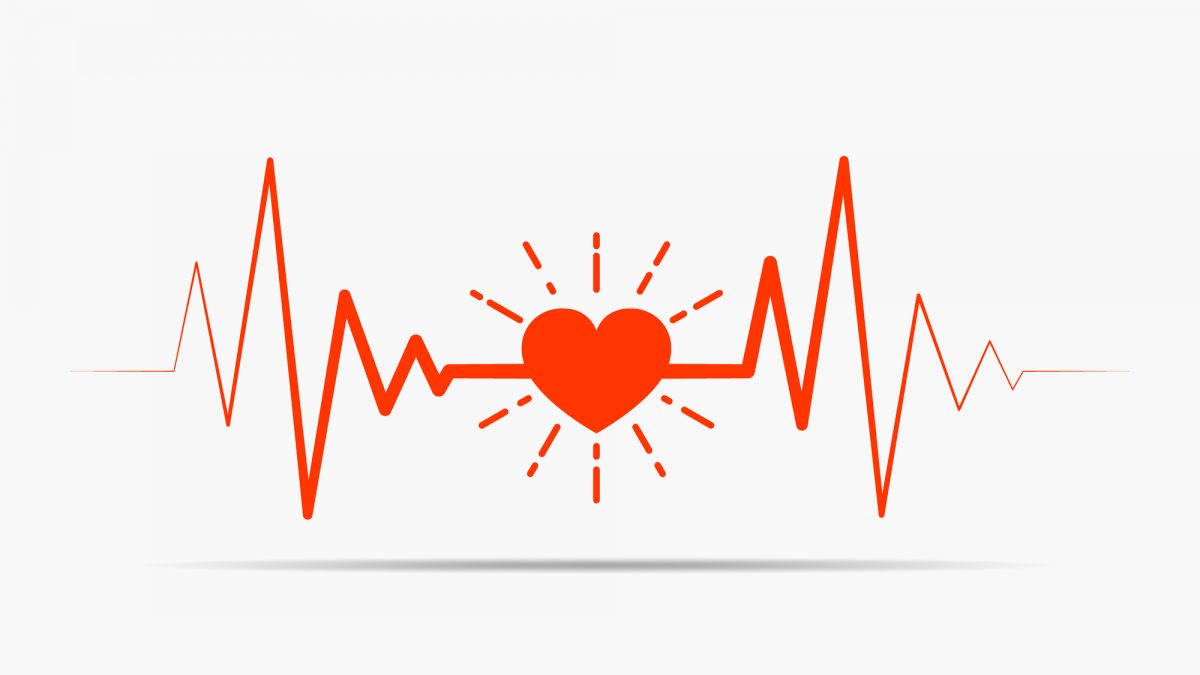
The Motions of the Shoulder Joint
August 15, 2020Symptoms Caused By Pinched Nerves
October 29, 2020Sleep Apnea Can Affect Your Heart
For those who have difficulty with sleep, you understand how it can impact you. You can be tired throughout the day, you can have mood changes and you can even lose your focus when trying to concentrate.
One thing that many do not know is that poor sleep can also impact your heart health. Through years of research, science has discovered that improper sleep can have have a significant negative affect on your heart and cardiovascular system
Sleep Apnea – What is it?
You may have heard the term ‘sleep apnea’ before. It’s often associated with those who snore, but it is actually a bit more complicated than that. Snoring is the noise (often loud sound) that occurs when air passes over relaxed tissue in your throat as you sleep. Sleep apnea, on the other hand, is the repeated starting and stopping of breathing while a person sleeps.
The most common type of sleep apnea is called obstructive sleep apnea (OSA) and results from added weight to the upper checst and neck area. Another type of sleep apnea is called central sleep apnea (CSA) and results when the brain is not sending proper signals to the diaphragm to maintain regular breathing patterns.
How your heart is affected by sleep apnea
Sleep apnea can affect the cardiovascular system if not detected. In obstructive sleep apnea, the lack of proper breathing cause the oxygen levels to lower and the carbon dioxide levels to rise. This cause the body to release stress hormones. Over time, these hormones can cause abnormailites to the cardiovascular system. In fact, researchers have estimated that those suffering from undiagnosed sleep apnea have a 5x greater risk of dying from heart disease.
Those with undiagnosed sleep apnea are at a 5x greater risk of dying from heart disease
https://www.health.harvard.edu/heart-health/how-sleep-apnea-affects-the-heart
Symptoms of sleep apnea
The most common symptoms of sleep apnea are the folowing:
- Snoring
- Waking with a dry mouth
- Irritability
- Problems with focus while awake
- Excess sleepiness
- Morning headaches
How to know if you’ve got sleep apnea
In order to properly diagnose whether you have sleep apnea, you should first see your doctor or a specialist. Through questions and sleep testing, a proper diagnosis can be established.
If you do, in fact, have sleep apnea, treatment can be initiated to help you. There are various types of treatment and you would need to work with your doctors to determine the type of treatment that is best for you.


